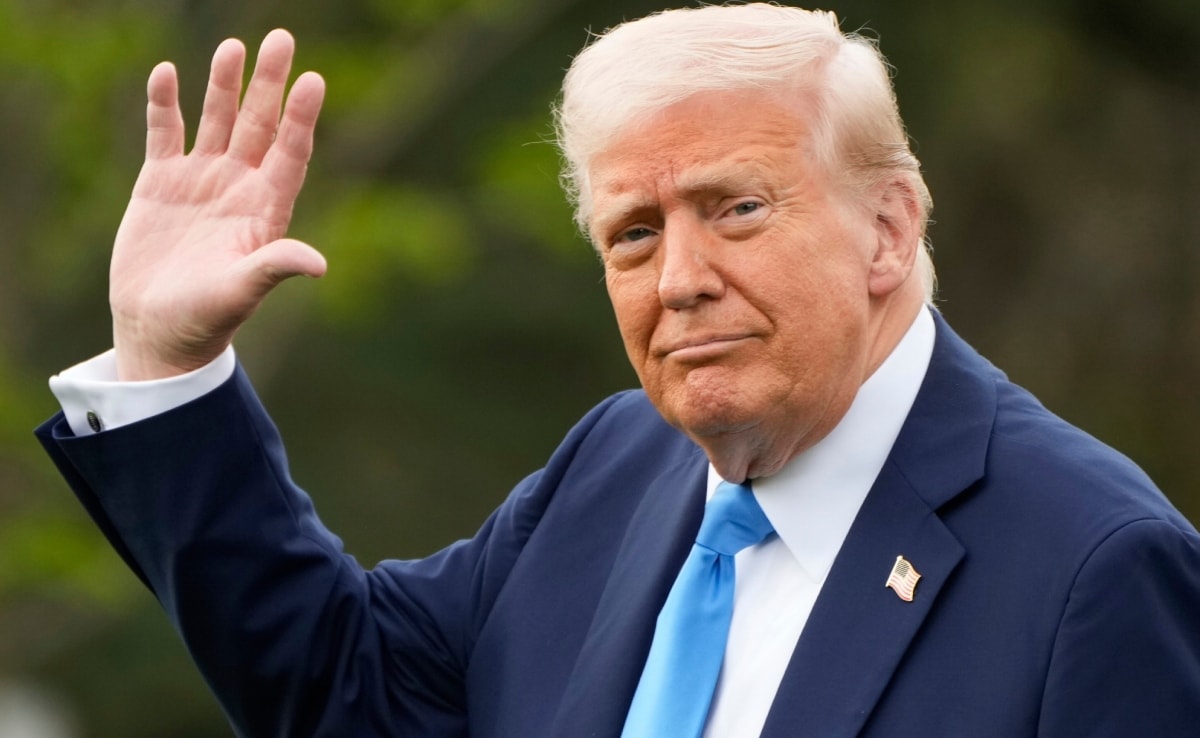UK's Financial Helm Steady: Cautious Approach to Potential Trump Trade Tariffs

In a measured response to potential US tariffs, Britain's finance minister has signaled a cautious approach, emphasizing that the UK will not hastily react to the developing trade tensions. Instead, the government remains focused on securing a comprehensive post-Brexit trade agreement with Washington.
The minister's comments reflect a strategic diplomatic stance, prioritizing careful negotiation over impulsive confrontation. By maintaining a calm and calculated approach, the UK aims to preserve potential economic opportunities and foster constructive dialogue with the United States.
As trade discussions continue to evolve, the government is committed to protecting British economic interests while seeking mutually beneficial trade arrangements that could strengthen transatlantic relations in the post-Brexit landscape.
